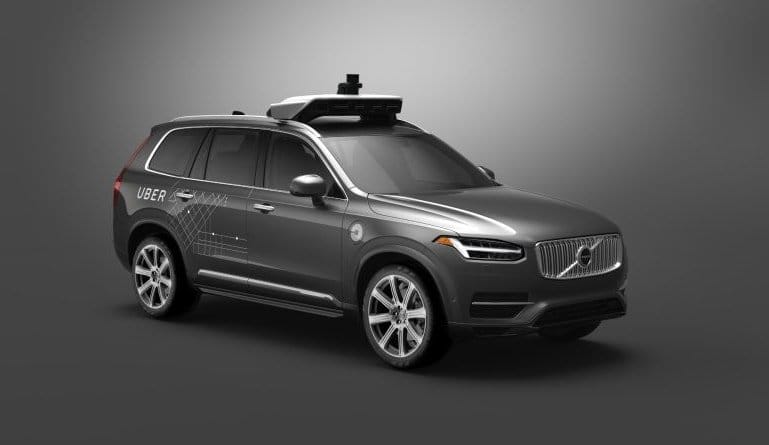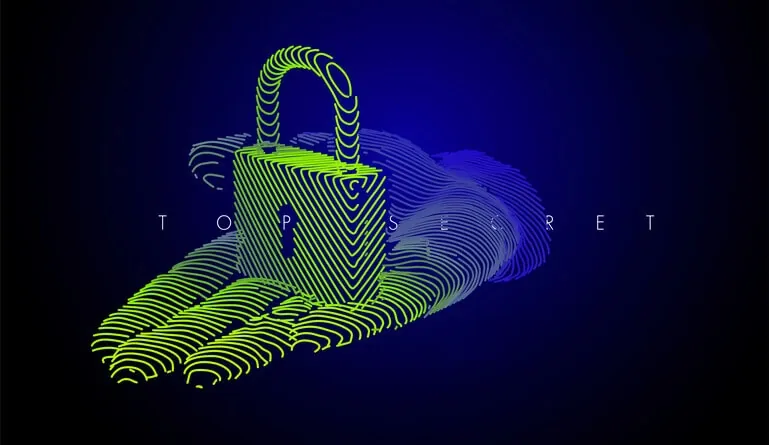More than a week after one of Uber’s self-driving cars struck and killed a pedestrian in Arizona, Government officials and technology firms have begun reconsidering their rapid deployment of some autonomous technology amid fears it’s not ready for public testing.
Arizona Gov. Doug Ducey (R) banned Uber’s self-driving cars from the state’s roads on Monday. In his letter to Uber CEO Dara Khosrowshahi on Monday, Ducey said he was suspending the company’s self-driving tests until further notice, calling the crash video “disturbing and alarming” and saying that it “raises many questions about the ability of Uber to continue testing in Arizona.”
A spokesman for the governor said the ban would last indefinitely. Pressed on why Uber was the only company whose self-driving operations were ordered suspended, the spokesman, Patrick Ptak, said it was because “there are currently three investigations into the company’s accident and technology.”
After the unfortunate accident, Uber agreed to discontinue testing its autonomous vehicles in California, according to a letter from the state Department of Motor Vehicles to the company, citing conversations with company executives. Uber’s permit to test its vehicles in the state expired March 31, and the company had no immediate plans to renew it, the letter said.
“Any application for a new permit will need to address any follow-up analysis of investigations from the recent crash in Arizona and may also require a meeting with the department,” wrote Brian G. Soublet, Deputy Director and Chief Counsel for the California Department of Motor Vehicles.
An Uber spokeswoman said on Tuesday that the company “decided to not reapply for a California DMV permit with the understanding that our self-driving vehicles would not operate on public roads in the immediate future.”
While there are a few other tech firms that are also testing self driving cars in Arizona, this incident has definitely instilled a sense of fear and responsibility among them.





